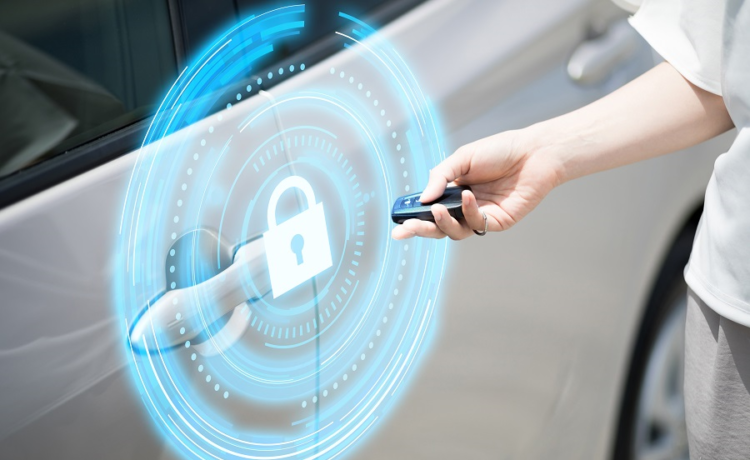In an era where technological advancements have transformed the automotive industry, the need for robust car security solutions has become increasingly evident. While innovations like keyless entry, GPS tracking, and smart infotainment systems have enhanced the driving experience, they have also opened new avenues for potential security threats. As our vehicles become more connected and digitized, it is crucial to prioritize and invest in comprehensive car security measures to protect both our safety and the valuable assets we rely on daily.
The Evolution of Automotive Technology
The automotive landscape has evolved significantly over the past few decades, with cars transitioning from mechanical to electronic systems. Modern vehicles are equipped with sophisticated technologies that offer convenience, efficiency, and entertainment. However, this connectivity also makes them vulnerable to cyber threats, theft, and unauthorized access.
Keyless entry systems, for instance, have become a popular feature in many vehicles, allowing owners to unlock and start their cars without physically inserting a key. While convenient, these systems have been exploited by tech-savvy criminals who use relay attacks to intercept signals between the key fob and the car, gaining unauthorized access. As technology continues to advance, so do the methods employed by cybercriminals, highlighting the need for robust security measures.
The Rising Threat of Cyber Attacks
With the increasing integration of Internet of Things (IoT) devices in vehicles, the potential for cyber-attacks has become a critical concern. Hackers can exploit vulnerabilities in a car’s software, gaining control over essential functions such as brakes, acceleration, and steering. The consequences of such attacks could be catastrophic, leading to accidents, injuries, and even loss of life.
Furthermore, modern vehicles store a vast amount of sensitive personal data, including navigation history, contact information, and financial details linked to infotainment systems. Inadequate security measures could expose drivers and passengers to identity theft, privacy breaches, and other cybercrimes. Recognizing these risks underscores the importance of implementing comprehensive network security solutions in today’s vehicles.
Protecting Investments and Reducing Insurance Costs
A car is a significant financial investment for most individuals. The cost of vehicle theft or damage goes beyond the immediate inconvenience; it can result in financial losses, increased insurance premiums, and potential safety risks. Installing advanced security systems, such as GPS tracking devices, immobilizers, and alarms, not only helps prevent theft but can also aid in the recovery of stolen vehicles, minimizing financial losses for owners.
Moreover, insurance companies increasingly offer discounts to policyholders who invest in proven security solutions. By proactively addressing the risk of theft and damage, drivers can enjoy lower insurance premiums, making the upfront investment in security technology a wise financial decision in the long run.
Conclusion
In the rapidly evolving landscape of automotive technology, the importance of car security solutions cannot be overstated. As our vehicles become more connected and reliant on electronic systems, the need to safeguard against cyber threats, theft, and unauthorized access becomes paramount. Car manufacturers, technology developers, and consumers must collectively prioritize the integration of advanced security measures to ensure the safety, privacy, and financial well-being of all road users. By embracing comprehensive security solutions, we can enjoy the benefits of technological advancements without compromising the integrity of our vehicles and the safety of those who rely on them.





